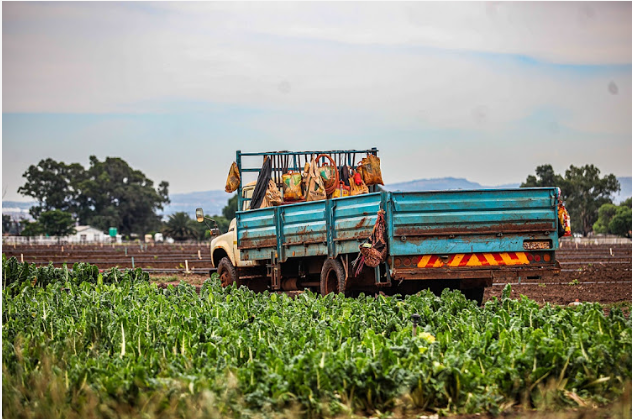
The Botswana government has lifted import bans on vegetables from South Africa in two phases, with the second phase expected to take effect in April.Botswana and Namibia imposed a prolonged ban on imported vegetables and citrus from South Africa earlier this year to protect local producers and promote self-sufficient food security.
However, the newly elected government of Botswana under President Duma Boko lifted the ban last week. The first phase, which was already under way, processed the importing of turmeric, patty pan, pumpkin, sweet potatoes, green peas, mushroom and eggplant.
The second phase which kicks off in April will permit the importing of vegetables such as beetroot, butternut, onion, tomatoes, sweet pepper, potatoes and watermelon, said the National Agricultural Marketing Council.
According to the council, Botswana’s import restrictions led to the loss of export earnings by South Africa as the net exporter of edible vegetables, possible food insecurity in Botswana and disruption of fragile food systems.
The interdependence and correctness of the region is depicted by the trade statistics among member countries. Botswana is a major market for South Africa’s vegetable exports, contributing up to 15% of total exports in 2021 at a value of [R498.8m]. Vegetable exports to Botswana decreased by more than half to [R272.4m] in 2023, down 8% from 2021, the council said.
The affect on farmers can be observed by looking at the general inflation of vegetables. Vegetable prices, for example, have dropped 4% month-on-month and 2.6% year-on-year by November. This can be a sign of surplus of some vegetables as per the economic theory of supply and demand. This puts downwards pressure on prices.
The council said the second phase expected in April would be fantastic as potatoes, onions, carrots, tomatoes and cabbage are the most popular vegetables exported to Botswana and other markets.
The announcement by the government of Botswana to lift import restrictions on vegetables from South Africa is welcomed. The aspirations of the Africa Agenda 2063 promoted through the African Continental Free Trade Area, the Comprehensive Africa Agricultural Development Programme and other tools within the AU should promote the creation of a single market that caters for all member states. Therefore, Southern African Custom Union countries should ensure open trade practices. Namibia should take its cue from Botswana to promote intra-Africa Trade.

